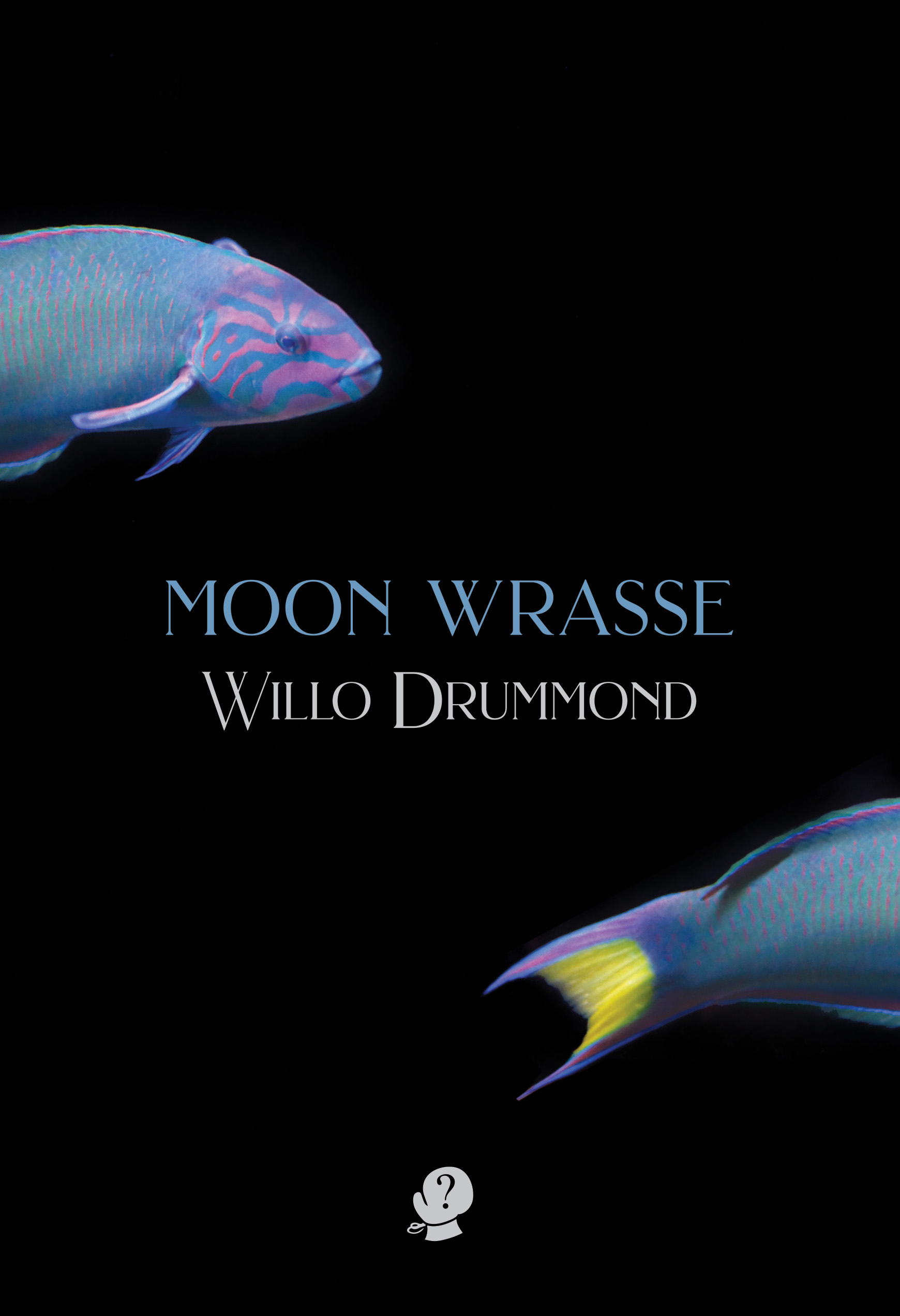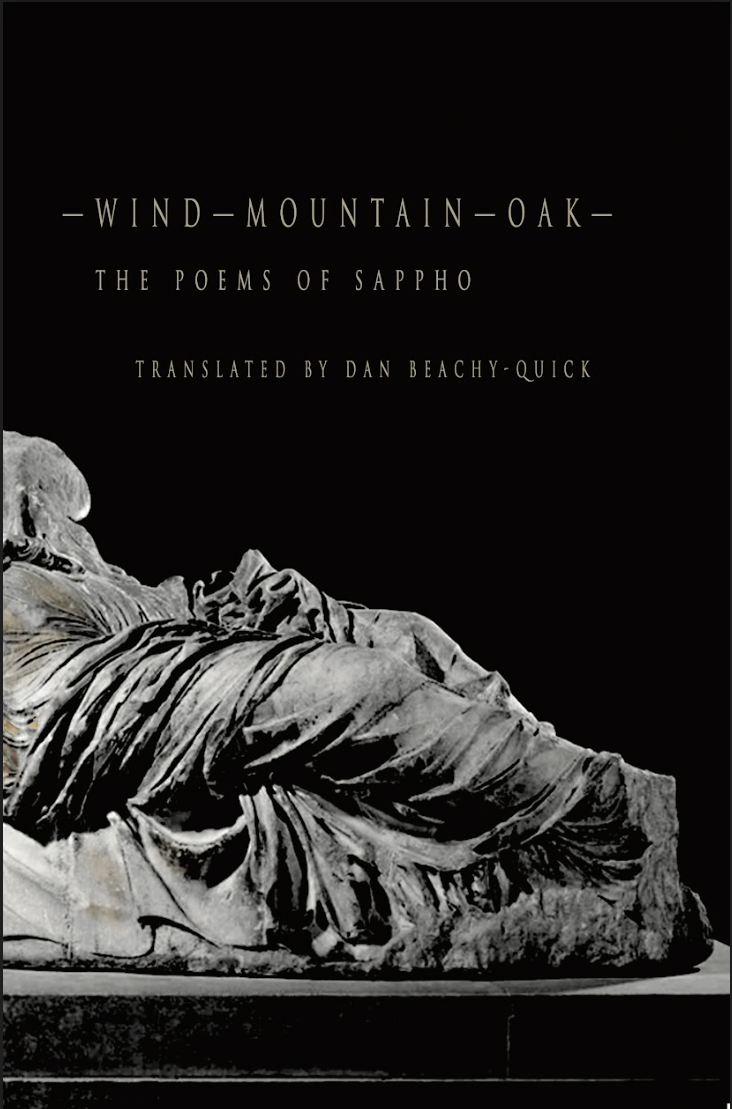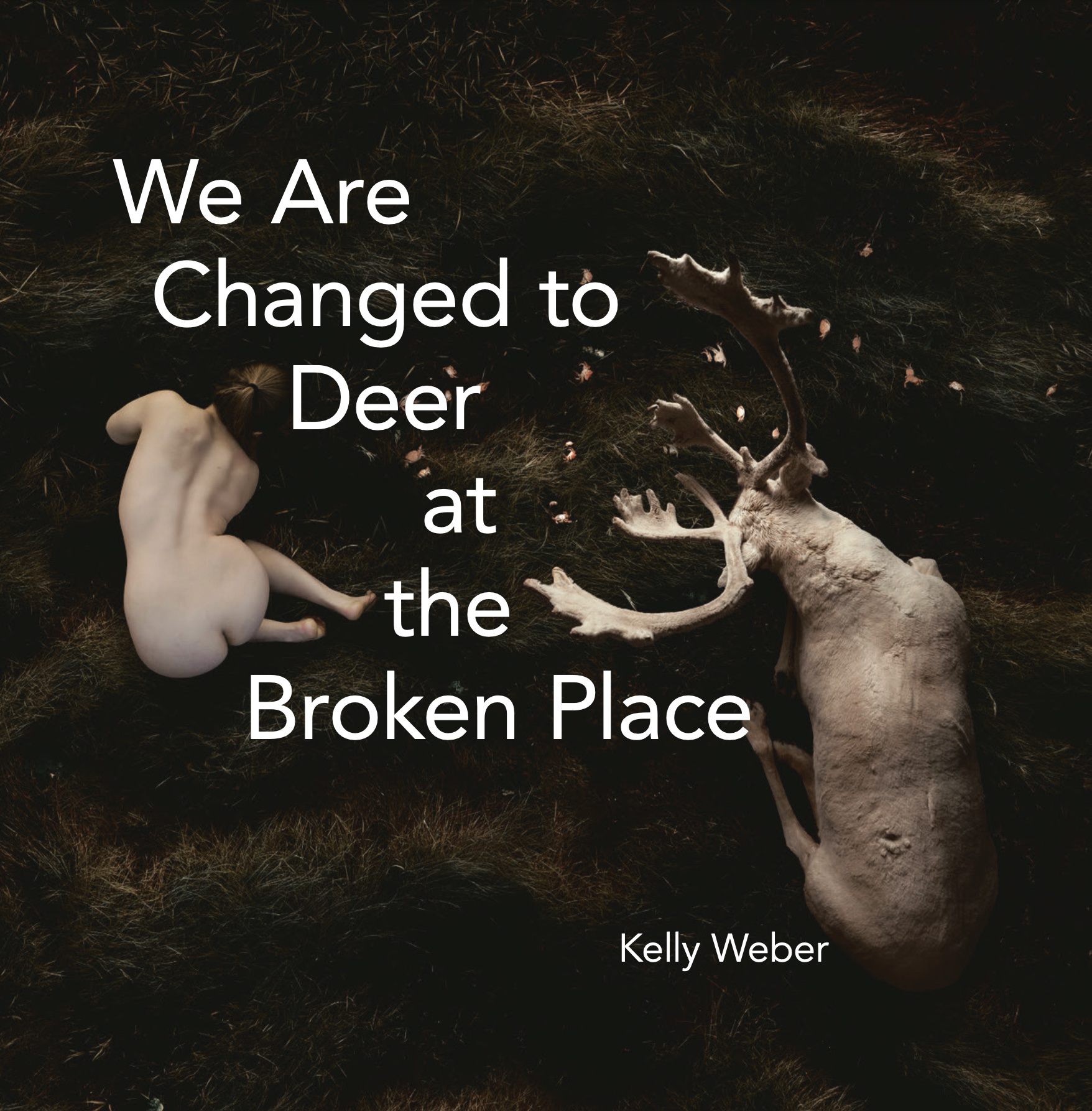 One of the poet’s salient concerns is life, the fragility of life, death as well the afterlife. I was fascinated about the metaphysical aspects of her works, works that are coloured by the brush of mythology, philosophy and religion. In this beautiful collection of poems she utilises many literary devices with extraordinary skills. Her voice is strong as a sirocco yet is gentle as a resting heartbeat.
One of the poet’s salient concerns is life, the fragility of life, death as well the afterlife. I was fascinated about the metaphysical aspects of her works, works that are coloured by the brush of mythology, philosophy and religion. In this beautiful collection of poems she utilises many literary devices with extraordinary skills. Her voice is strong as a sirocco yet is gentle as a resting heartbeat.
Category: Poetry Reviews
A review of Moon Wrasse by Willo Drummond
 All sorts of colours flicker through the book, but particularly blue, from the aqua shore to Iris’ that fall, blue as the rare blue moon, the blue of hope in an indigo night, the bluest carbon of our breath, Brisbane blue, a blue man suit, bluebottles, autumn blue, and of course the blue of the Moon Wrasse also known as the Blue Wrasse. Drummond’s blues are luminescent and rare shades, not normally the colour of a moon, a suit, or autumn, but nocturnally accurate, confounding tropes.
All sorts of colours flicker through the book, but particularly blue, from the aqua shore to Iris’ that fall, blue as the rare blue moon, the blue of hope in an indigo night, the bluest carbon of our breath, Brisbane blue, a blue man suit, bluebottles, autumn blue, and of course the blue of the Moon Wrasse also known as the Blue Wrasse. Drummond’s blues are luminescent and rare shades, not normally the colour of a moon, a suit, or autumn, but nocturnally accurate, confounding tropes.
A review of Like to the Lark by Stuart Barnes
 The poems are sinuous and sensual, working within the many constrictions and still managing to feel so light and with the strict scansion so subtle and integrated into the rhythm that you have to look closely to realise, for example, that “Persian Love Cake” is a pantoum, its innate rhythms varying slightly, in a deliciously sensual piece of dried rosebuds, green pistachios, almond praline and lemon icing.
The poems are sinuous and sensual, working within the many constrictions and still managing to feel so light and with the strict scansion so subtle and integrated into the rhythm that you have to look closely to realise, for example, that “Persian Love Cake” is a pantoum, its innate rhythms varying slightly, in a deliciously sensual piece of dried rosebuds, green pistachios, almond praline and lemon icing.
A review of No Angels by Mary Makofske
There is so much more to like here, too many wonderful poems to single out, but I have chosen “Nasreen’s Story” also from Part I to quote in full. It’s a masterful variation on the ghazal, the oldest poetic form still in use. It relies on a repeated word, which gives the form a hypnotic effect. The name imitates the sound of a dying wounded gazelle, and the form has roots in Arabic, Urdu, Hindi, and Hebrew.
Bulging Blooms, a review of Telling You Everything by Cindy Hochman
 To read Telling You Everything is to come away refreshed and revitalized from Hochman’s, original way of looking at the world and seeking her place in it. This is what poetry is, this is what it can be. It comes out of a life fully lived. In Brooklyn. Where Hochman continuously learns something new from an old situation.
To read Telling You Everything is to come away refreshed and revitalized from Hochman’s, original way of looking at the world and seeking her place in it. This is what poetry is, this is what it can be. It comes out of a life fully lived. In Brooklyn. Where Hochman continuously learns something new from an old situation.
A review of Zen and the Art of Astroturf by Bronwyn Anne Rodden
 In some of her poems Rodden asks questions that are profound and poignant. These are mainly questions about the absurdity sprouting in our world. I asked the poet if there was a thread in her poetry or a commonality and she answered: “Absurdism is something I think is relevant to people today, where we have been dealing with an international pandemic and environmental catastrophes, and people can relate more to the absurd than at many other times in history.”
In some of her poems Rodden asks questions that are profound and poignant. These are mainly questions about the absurdity sprouting in our world. I asked the poet if there was a thread in her poetry or a commonality and she answered: “Absurdism is something I think is relevant to people today, where we have been dealing with an international pandemic and environmental catastrophes, and people can relate more to the absurd than at many other times in history.”
A review of Wind—Mountain—Oak: The Poems of Sappho trans. by Dan Beachy Quick
 Dan Beachy-Quick translates as if he is beside Sappho on her footpath to something quite never before seen and heard. A grove of oaks shake with mountain winds in the book title fragment from a pastoral world of alliteration, rhythm, and rhyme. Our collective species memory enlivens, quakes to a time when we were one with the natural world, calling out holophrases to goats and dogs, other herders, and goddesses and gods.
Dan Beachy-Quick translates as if he is beside Sappho on her footpath to something quite never before seen and heard. A grove of oaks shake with mountain winds in the book title fragment from a pastoral world of alliteration, rhythm, and rhyme. Our collective species memory enlivens, quakes to a time when we were one with the natural world, calling out holophrases to goats and dogs, other herders, and goddesses and gods.
A Review of We Are Changed to Deer at the Broken Place by Kelly Weber
 My copy of this book is filled with quickly scratched notes, annotation symbols only I understand, question marks, small open hearts, underlined sentences, circled words, messy smudges, angry creases. I struggled. I read and re-read. I wondered. I questioned. I chased. I stretched. At times I thought I might break, as well.
My copy of this book is filled with quickly scratched notes, annotation symbols only I understand, question marks, small open hearts, underlined sentences, circled words, messy smudges, angry creases. I struggled. I read and re-read. I wondered. I questioned. I chased. I stretched. At times I thought I might break, as well.
A review of Frank Dark by Stephen Massimilla
 The book is replete with experiences of mental and physical crises, death and ghosts. Many themes resonate with the cover exploring sight/vision, the eye, the sea, the shore, and harbors. Imagery of light/lightning, the moon, lamps, clock, and swans recur throughout the book. The poems also display a sort of PTSD in the aftermath of near death experiences that he explores and shares with the reader.
The book is replete with experiences of mental and physical crises, death and ghosts. Many themes resonate with the cover exploring sight/vision, the eye, the sea, the shore, and harbors. Imagery of light/lightning, the moon, lamps, clock, and swans recur throughout the book. The poems also display a sort of PTSD in the aftermath of near death experiences that he explores and shares with the reader.
A review of The Architecture of Dust by Chike Nzerue
 Nzerue’s medical background brings a deep understanding of the topics addressed in this volume, creating imagery that transform the meticulous renderings of the medical field into an arena of understandable rhetoric. There are so many well crafted lines that it is difficult to pull the best to critique.
Nzerue’s medical background brings a deep understanding of the topics addressed in this volume, creating imagery that transform the meticulous renderings of the medical field into an arena of understandable rhetoric. There are so many well crafted lines that it is difficult to pull the best to critique.